The Tech Evolution We Can’t Ignore
As we look ahead to 2025, it’s clear that technology trends are evolving faster than ever before. Every year brings fresh innovations, and with them, exciting opportunities and challenges. Just think about it—just a few years ago, virtual reality (VR) and autonomous vehicles seemed like far-off fantasies. Today, they’re on the cusp of becoming everyday experiences. This rapid transformation means we must stay informed about the latest tech trends to keep up and make the most of the changes ahead. In this article, we’ll take a deep dive into the 25 most impactful technology trends to watch in 2025.
1. Generative AI: Revolutionizing Creativity and Productivity
Generative AI is one of the hottest trends in 2025, and for good reason. From creating realistic text to designing complex images and even generating music, generative AI has shown its potential to transform industries. Tools like GPT (Generative Pretrained Transformers) and multimodal systems are helping companies produce content at a speed and accuracy that was once impossible. By 2025, businesses will be using generative AI to create personalized marketing campaigns, enhance customer service, and accelerate innovation.
Key Benefits of Generative AI:
- Increases efficiency by automating content creation.
- Supports businesses in personalized customer engagement.
- Revolutionizes creative industries with AI-generated art, design, and writing.
2. Quantum Computing: Unleashing Unmatched Computational Power
Quantum computing isn’t just a futuristic concept anymore. It’s here, and it’s set to change everything from cybersecurity to drug development. Unlike traditional computers, quantum computers use the unique properties of quantum mechanics to process information exponentially faster. By 2025, quantum computing will tackle problems that classical computers cannot—like simulating molecular structures to develop new medicines or breaking codes previously thought to be uncrackable.
Key Uses of Quantum Computing:
- Solving complex problems in cryptography and cybersecurity.
- Advancing medical research by simulating molecular behavior.
- Revolutionizing industries that require high computational power.
3. 5G Expansion: Connecting a Faster, Smarter World
As the fifth generation of mobile networks, 5G is already transforming how we connect and communicate. With speeds up to 100 times faster than 4G, 5G supports innovations like autonomous vehicles, smart cities, and the Internet of Things (IoT). By 2025, we’ll see an explosion of 5G-enabled technologies, offering faster downloads, smoother video calls, and the seamless integration of IoT devices into our daily lives.
Why 5G Matters:
- Enables real-time communication and high-speed data transmission.
- Supports the rise of connected devices and smart technologies.
- Powers innovations like augmented reality (AR) and autonomous vehicles.
4. Virtual Reality 2.0: A More Immersive Experience
Virtual reality (VR) has come a long way since its early days of pixelated simulations. Today, VR offers incredibly immersive experiences with enhanced graphics, more accurate motion tracking, and more interactive elements. By 2025, VR will be integral to industries such as gaming, healthcare, and education, enabling more effective training, therapy, and learning experiences. VR will become lighter, more affordable, and easier to use, making it more accessible for consumers and businesses alike.
Key Benefits of Virtual Reality:
- Provides immersive learning and training environments.
- Enhances gaming experiences with more realistic visuals.
- Offers new possibilities in mental health treatment and therapy.
5. Augmented Reality: Enhancing the Physical World
Augmented Reality (AR) is set to explode in 2025, bridging the gap between the physical and digital worlds. AR overlays digital information onto our real-world surroundings, enhancing our interactions with the environment. From AR glasses to mobile AR apps, this technology will reshape industries like retail, real estate, education, and entertainment. Imagine using AR to visualize furniture in your home before buying it or using it in classrooms for more engaging, interactive lessons.
Top Uses of AR in 2025:
- Enhances shopping experiences by visualizing products in real time.
- Transforms educational environments by creating interactive lessons.
- Revolutionizes industries like healthcare with real-time data overlays.
6. IoT in Smart Cities: Creating a Connected Future
The Internet of Things (IoT) is not a trend of the future; it’s a growing part of today’s world. As IoT devices become more widespread, we’re seeing their integration into smart cities to manage resources more efficiently. From smart grids to traffic management systems, IoT is helping cities reduce energy consumption, lower emissions, and improve the quality of life for residents. By 2025, expect smarter cities that are more responsive to citizens’ needs, powered by the data generated by IoT.
Key Benefits of IoT in Smart Cities:
- Optimizes resource management and energy consumption.
- Improves public safety and emergency response systems.
- Enhances the quality of life through smarter infrastructure.
7. Autonomous Vehicles: Driving the Future
Autonomous vehicles, powered by artificial intelligence and advanced sensors, are making their way into mainstream transportation. While fully autonomous cars may not yet be available everywhere, by 2025, we’ll see significant strides in self-driving technology. Public transportation and delivery services will likely be the first to embrace these innovations, followed by consumer vehicles. The reduction of human error in driving will lead to safer roads, fewer accidents, and better traffic management.
Key Advantages of Autonomous Vehicles:
- Reduces human error and improves road safety.
- Increases transportation efficiency and reduces congestion.
- Promotes sustainable transportation with electric, self-driving vehicles.
8. Blockchain Beyond Cryptocurrency: Enhancing Security and Transparency
Blockchain technology, which initially gained fame through cryptocurrencies like Bitcoin, is now being explored for its potential beyond finance. Its ability to provide secure, transparent, and tamper-proof records is making it a valuable tool for industries like healthcare, supply chain management, and voting systems. By 2025, blockchain could become the standard for tracking goods, securing medical records, and ensuring transparency in digital transactions.
New Technology Trends for 2025: Shaping the Future of Innovation
As we step into the middle of the 2020s, technology continues to evolve at a breathtaking pace, offering new opportunities, transforming industries, and reshaping our daily lives. The year 2025 is just around the corner, and the trends that will dominate the future are already emerging today. From the rise of artificial intelligence (AI) and quantum computing to advancements in healthcare and sustainability, the technologies of 2025 promise to revolutionize every aspect of society.
This article explores the top technology trends expected to shape the landscape of the near future, with statistical insights and projections to help us understand the profound impact they’ll have. We’ll dive deeper into the implications of these technologies and how they’re creating new opportunities across industries, economies, and personal lives.
The Power of Artificial Intelligence (AI) and Machine Learning
Artificial Intelligence (AI) has been one of the most talked-about technology trends for years, but by 2025, its influence will only increase, shaping industries from healthcare to entertainment. AI will not only continue to enhance automation and improve decision-making but will also drive major changes in how we interact with technology. One of the biggest developments in AI is machine learning, where systems become “smarter” through experience.
According to a report by McKinsey, 70% of businesses are expected to adopt at least one form of AI by 2025, with a projected value of $126 billion in the AI sector alone. The rapid growth of AI will affect everything from business models to consumer interactions, powering personalized experiences, reducing operational inefficiencies, and improving accuracy across industries.
AI’s Key Contributions:
- Healthcare: AI-driven diagnostics will enable earlier detection of diseases like cancer and Alzheimer’s, with algorithms already outperforming humans in certain diagnostic tests. By 2025, AI could potentially cut diagnostic errors by up to 40%.
- Finance: AI algorithms in the financial sector will streamline everything from fraud detection to personalized banking services, reducing costs and improving customer service.
- Transportation: With AI systems controlling traffic flow in smart cities and powering self-driving cars, we can expect to see a reduction in traffic congestion and accident rates by 2025.
AI’s integration into everyday life will create new ways of doing business and interacting with our surroundings, ensuring that 2025 will be the year AI truly comes of age.
Quantum Computing: The Future of Processing Power
Quantum computing is one of the most exciting frontiers in technology, poised to unlock unimaginable processing power and solve problems that classical computers can’t handle. While still in the early stages, quantum computing is gaining momentum as more research, investment, and development pour into the field.
By 2025, we’ll see significant advancements in quantum computing, especially in industries requiring immense computational power, such as pharmaceuticals, logistics, and financial modeling. Quantum computers use quantum bits (qubits) that can exist in multiple states at once, allowing them to process vast amounts of data much faster than traditional computers.
In healthcare, quantum computing will enable faster drug discovery by simulating molecular interactions at a level of detail that classical computers cannot achieve. In finance, quantum algorithms could significantly improve portfolio optimization and risk assessment. According to a report by PwC, the economic impact of quantum computing is expected to reach $1 trillion by 2035, with industries like AI and drug development seeing some of the most profound benefits.
5G Technology: Speeding Up the World
The rollout of 5G networks is one of the most anticipated technology developments in recent years. 5G promises to deliver faster internet speeds, lower latency, and higher capacity than 4G, which will have far-reaching effects on industries such as telecommunications, healthcare, and transportation. The 5G revolution is set to transform how we use the internet, interact with devices, and experience connectivity in the digital age.
By 2025, nearly 2.8 billion people are expected to use 5G networks worldwide, and it will become a crucial enabler for the Internet of Things (IoT). The low latency and high speed offered by 5G will drive innovations in autonomous vehicles, smart cities, augmented reality (AR), and virtual reality (VR). For example, in autonomous vehicles, 5G’s speed and responsiveness will allow cars to communicate with each other and infrastructure in real time, improving safety and efficiency.
Moreover, 5G will accelerate the adoption of IoT devices, from smart home appliances to industrial sensors. By 2025, it is expected that over 75 billion IoT devices will be connected globally, leading to smarter cities, homes, and workplaces.
Extended Reality (XR): A New Era of Immersive Experiences
Extended Reality (XR) is an umbrella term that encompasses virtual reality (VR), augmented reality (AR), and mixed reality (MR). These immersive technologies are rapidly evolving and will be more prevalent by 2025, bringing new ways of interacting with digital content. Whether it’s training simulations, immersive entertainment, or interactive shopping experiences, XR technologies are set to transform our daily lives.
AR and VR are already having a significant impact on industries like healthcare, retail, and education. For example, VR is used in medical training to simulate surgeries, while AR enables consumers to visualize products before making purchases. By 2025, we expect the global XR market to be worth $300 billion, with a large portion driven by the need for immersive and interactive experiences in training, entertainment, and customer service.
Applications of XR in 2025:
- Healthcare: XR technologies will provide immersive training for medical professionals, improving their skills in surgery and diagnostics. Additionally, VR will assist in pain management, mental health treatment, and physical rehabilitation.
- Education: XR tools will revolutionize learning by allowing students to interact with subjects in new ways, providing immersive experiences in science, history, and the arts.
- Retail and Marketing: AR will enable consumers to try on clothes virtually, see how furniture fits in their homes, or visualize how products will work in real-time, making shopping more interactive and personalized.
Autonomous Systems: The Dawn of Self-Driving Everything
Autonomous systems, including drones, robots, and self-driving vehicles, are no longer science fiction. These technologies are progressing rapidly and will be a common feature of many industries by 2025. Autonomous vehicles, in particular, are expected to be widely used in public transportation, delivery services, and private vehicles.
In 2025, we anticipate that autonomous vehicles will reduce traffic accidents by up to 90%, significantly improving road safety. This transformation will be driven by advancements in AI, machine learning, and sensor technologies that enable vehicles to navigate and make decisions without human input.
Moreover, autonomous drones will be a critical tool for logistics companies, enabling faster and more efficient delivery of goods. In agriculture, autonomous tractors and harvesters will streamline operations, increasing productivity while reducing labor costs.
Autonomous Technology Forecasts for 2025:
- Self-driving cars: Over 40% of cars on the road could be partially or fully autonomous by 2025.
- Drones: The global commercial drone market is expected to grow to $58.4 billion by 2025, with applications in delivery, agriculture, and surveillance.
- Robotics: The global robotics market is expected to reach $70 billion by 2025, driven by demand in manufacturing, healthcare, and service industries.
Sustainable Technologies: A Greener Future
As the effects of climate change become more apparent, the adoption of sustainable technologies is increasingly urgent. In 2025, technologies like renewable energy, energy-efficient systems, and sustainable manufacturing will play a vital role in reducing carbon emissions and minimizing our environmental footprint.
Green technologies are expected to revolutionize energy production and consumption. Solar power, wind energy, and biofuels will become more affordable and efficient, helping nations meet their carbon reduction goals. In fact, the renewable energy market is expected to grow at a compound annual growth rate (CAGR) of 10% between 2020 and 2025, reaching over $1.5 trillion by 2025.
Sustainable practices will also be integrated into industries like agriculture and construction. Precision farming technologies will use AI, drones, and sensors to optimize crop production and reduce water usage, while sustainable construction materials will help reduce the carbon footprint of buildings and infrastructure.
Key Sustainable Technologies for 2025:
- Solar Power: Photovoltaic cells and solar energy systems will become more efficient, with costs continuing to drop.
- Electric Vehicles (EVs): The global EV market is expected to reach 50 million units by 2025, reducing dependency on fossil fuels.
- Energy-efficient Manufacturing: Industry 4.0 will leverage automation and AI to optimize energy consumption in factories, reducing waste and emissions.
The Internet of Things (IoT) in Smart Cities
The IoT will play a central role in creating the smart cities of the future. By 2025, cities will become more connected, with IoT devices managing everything from traffic flow to waste management and energy consumption. Smart cities use sensors and data analytics to optimize the functioning of urban systems, making cities more livable, sustainable, and efficient.
In smart cities, IoT sensors will monitor air quality, water usage, and waste levels, helping local governments make data-driven decisions. Smart transportation systems will reduce congestion, and smart homes will provide greater comfort and energy efficiency for residents. According to a report by the International Data Corporation (IDC), smart city spending will exceed $1 trillion by 2025, creating new opportunities for tech companies and urban developers.
IoT Applications in Smart Cities:
- Traffic Management: IoT-enabled traffic lights and smart parking systems will reduce congestion and improve transportation flow.
- Public Safety: IoT sensors will monitor public spaces for potential hazards, enabling faster responses to emergencies.
- Energy Efficiency: Smart grids and buildings will optimize energy use, reducing consumption and costs
Top Blockchain Applications in 2025:
- Supply chain transparency and product tracking.
- Secure medical record management.
- Transparent and tamper-proof voting systems.
Key Takeaways
- 2025 will bring groundbreaking technology trends such as generative AI, quantum computing, and 5G expansion.
- VR and AR technologies are poised to change industries like gaming, education, and healthcare.
- IoT in smart cities will help optimize resources and enhance urban living.
At a Glance
New tech trends like generative AI, quantum computing, and 5G will transform industries by 2025, offering faster, more secure innovations.
FAQs
1. What are technology trends?
Technology trends refer to new and emerging technologies that shape industries, influencing how businesses operate and how we live.
2. Why are technology trends important?
Staying updated with technology trends ensures that businesses and individuals remain competitive and innovative in a rapidly changing digital world.
3. How can I keep up with technology trends?
You can stay informed by reading tech blogs, attending webinars, joining tech communities, and constantly upgrading your skills.
The world of technology is evolving at an unprecedented pace, and 2025 promises to bring even more exciting innovations that will reshape how we live, work, and interact with the world. From generative AI to autonomous vehicles, these advancements will not only change industries but also create new career opportunities and challenges. By staying informed and adaptable, we can all be part of the digital transformation shaping our future. Let’s embrace these trends and get ready for the tech-driven world of tomorrow!

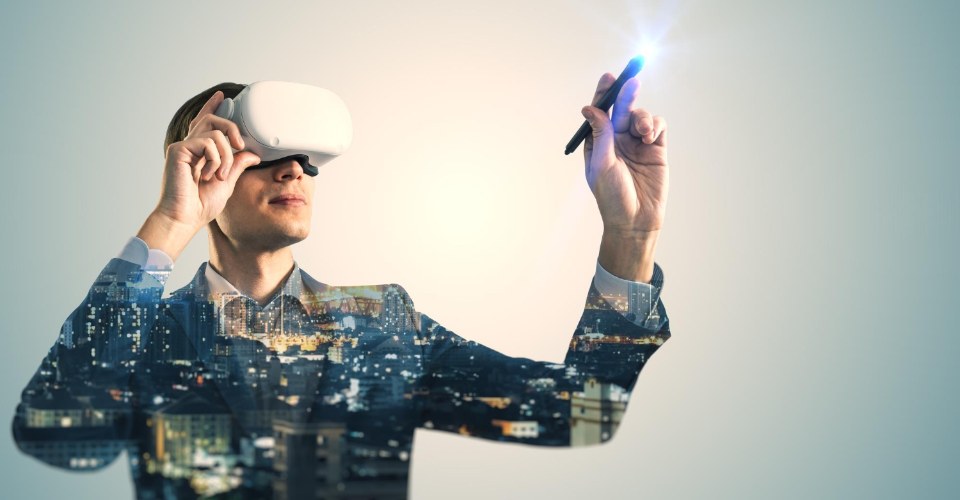

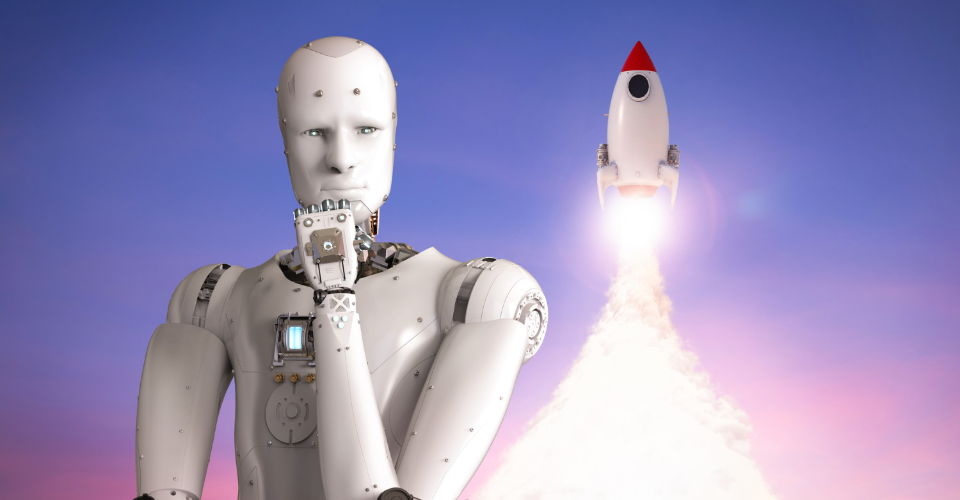
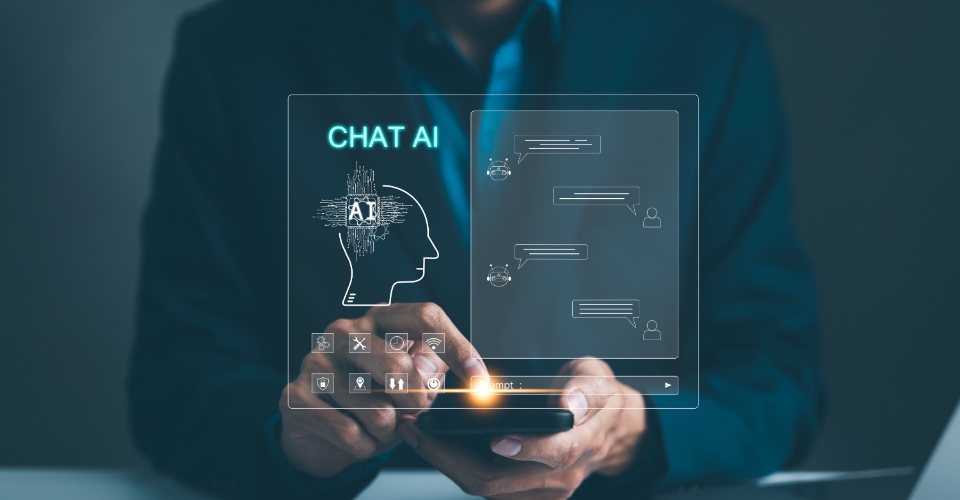

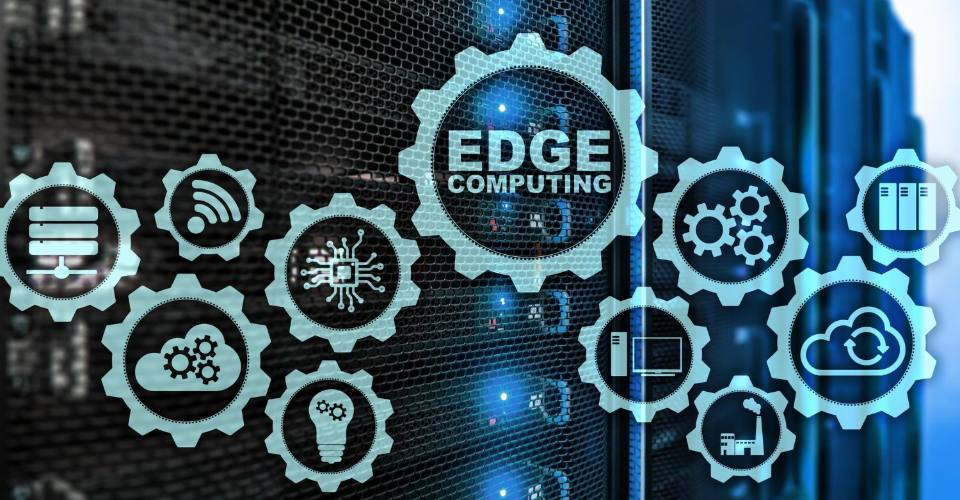
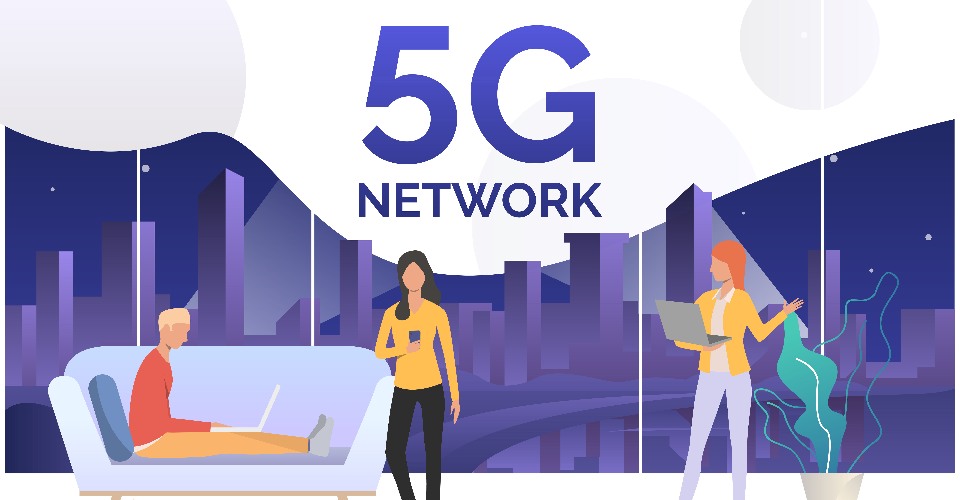
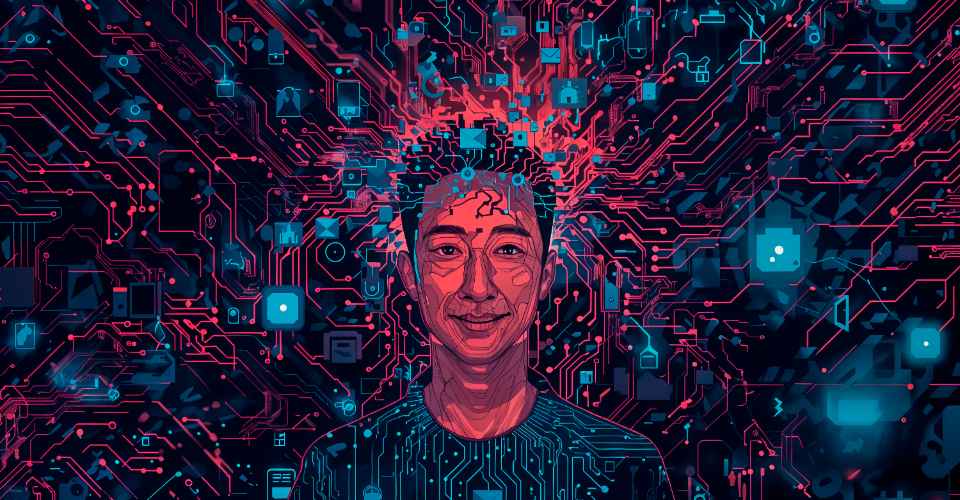
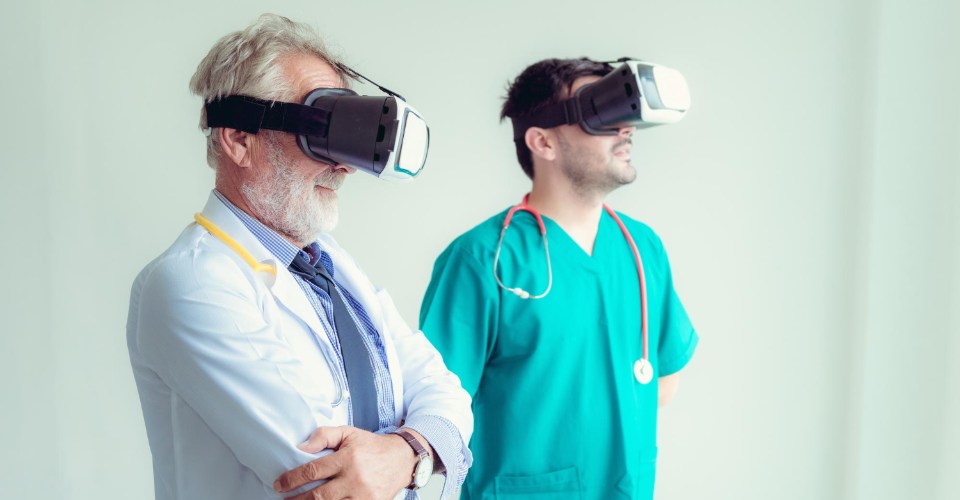
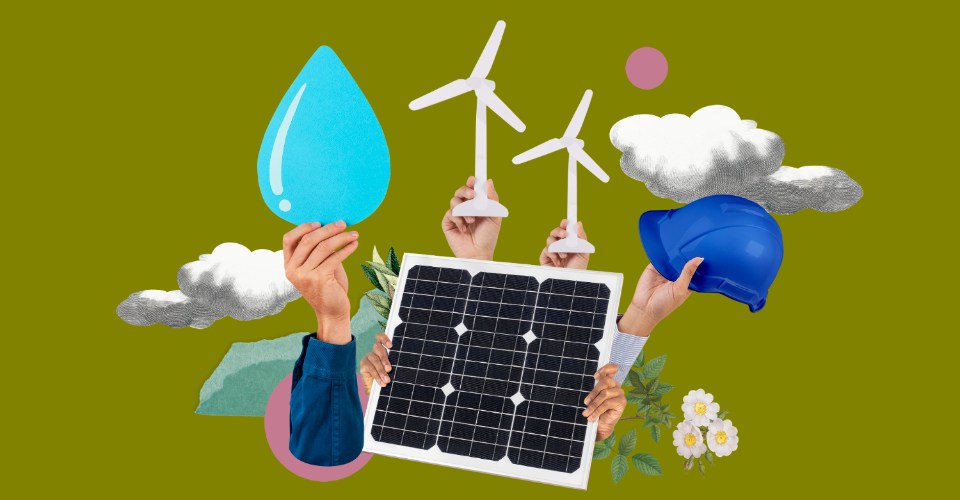

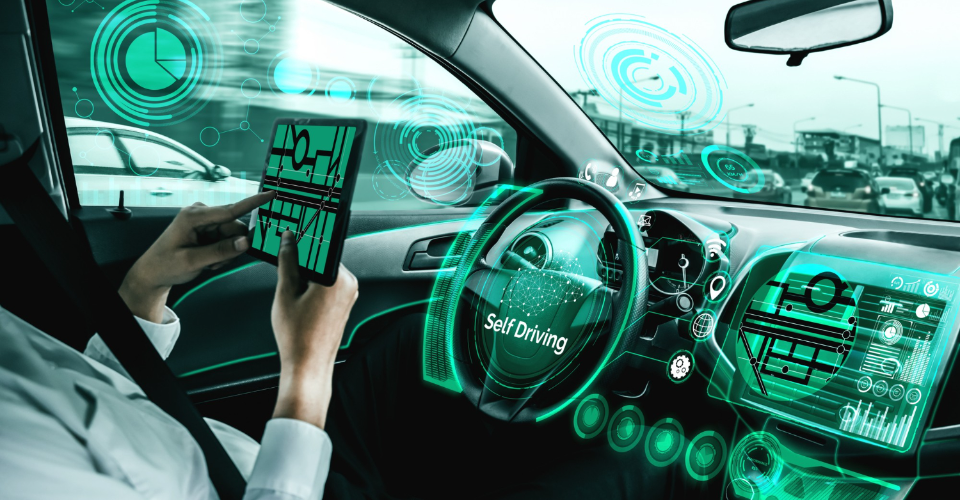




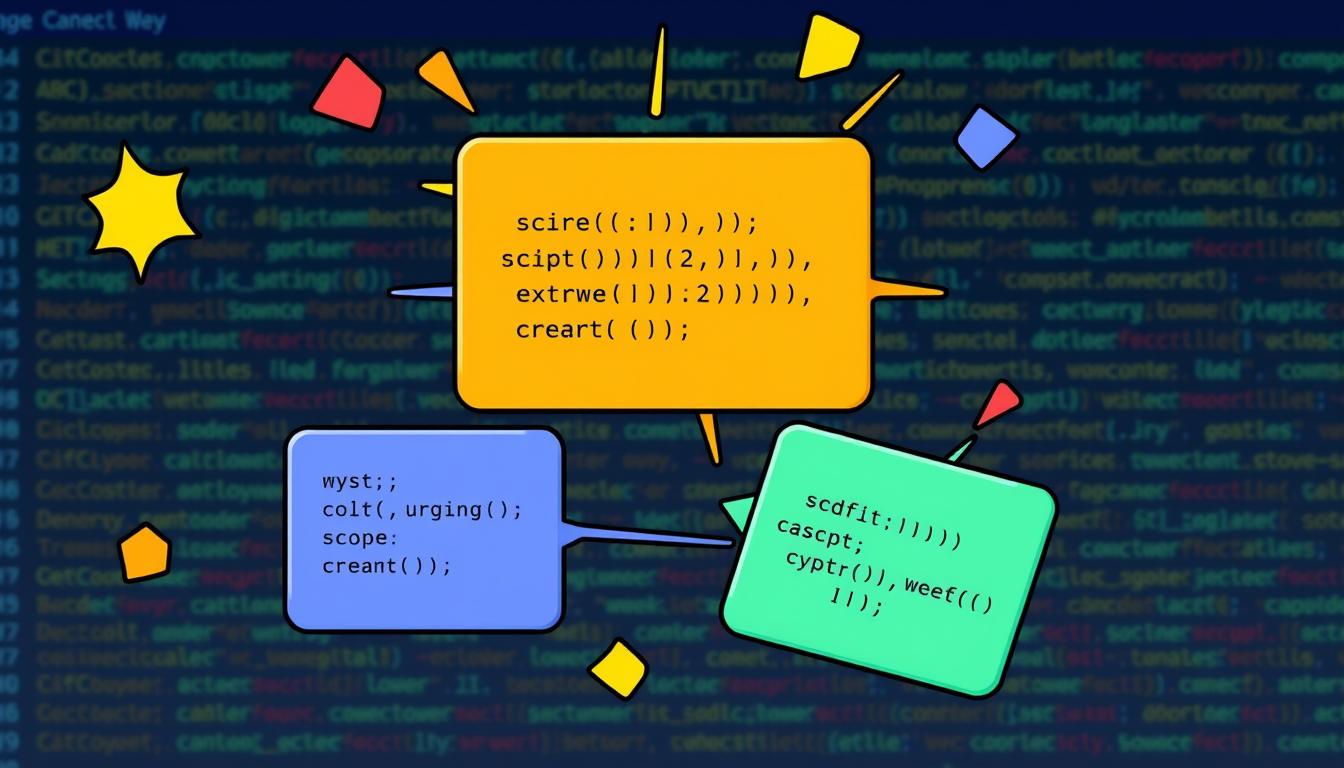
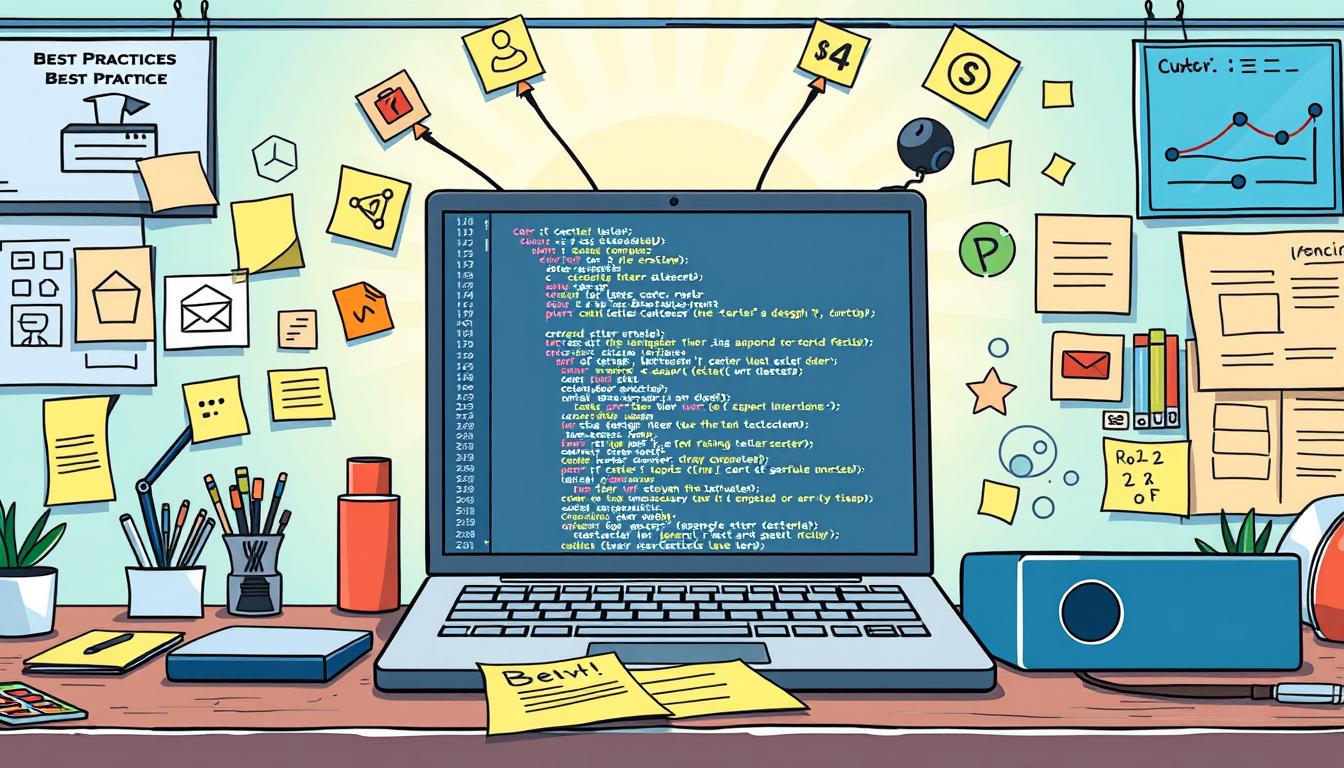
Leave a Reply